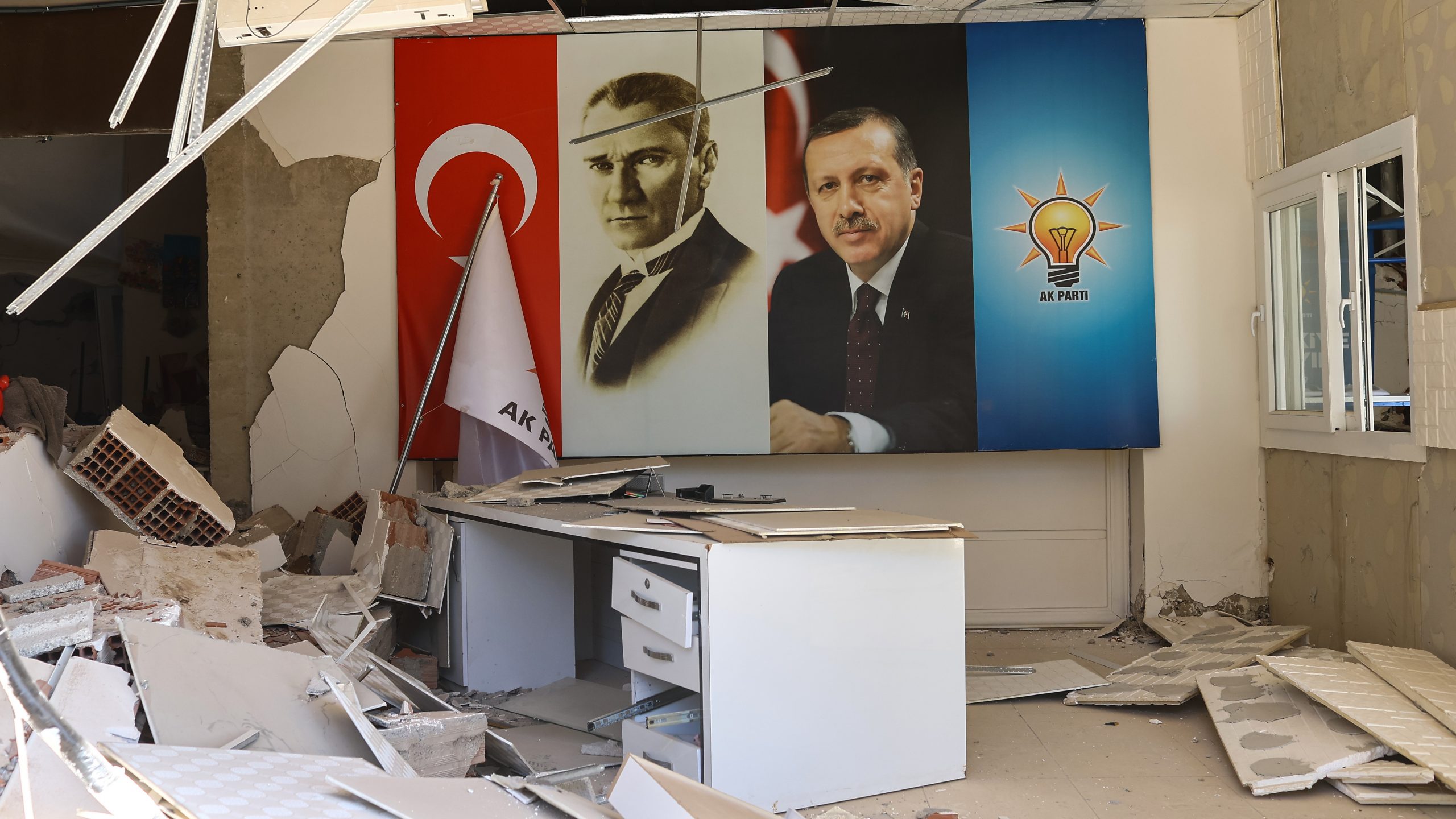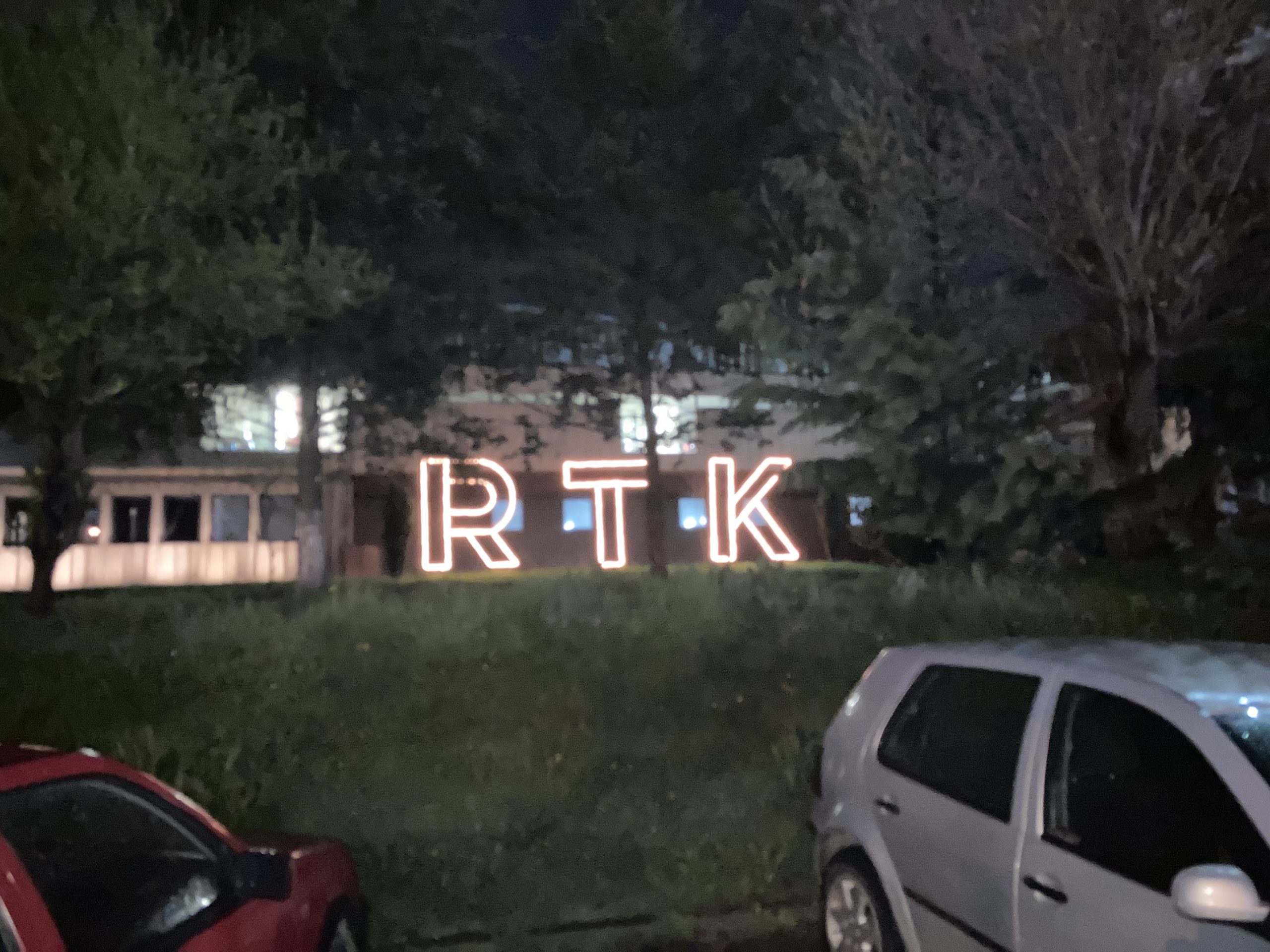Russia’s invasion of Ukraine occurred against the backdrop of a continued degradation in press freedom across Europe in 2022 and it has had far-reaching consequences for the continent’s journalism, according to the annual report published by the Council of Europe Platform to Promote the Protection of Journalism and Safety of Journalists.
The platform, which through alerts submitted by partner organisations seeks to document the serious threats to the safety of journalists and media freedom in Europe, said in its report published on Tuesday that 289 alerts were posted in 2022 concerning 37 countries, a figure comparable to that of 2021, which saw 282 alerts.
At one end of the scale, apart from the 12 journalists and media workers who died on active duty covering Russia’s war in Ukraine, the platform recorded one journalist killed in the exercise of their work, Gungor Arslan in Turkey, compared to four who died the previous year outside of a war zone. Yet there was a 60 per cent rise to 127 in the number of journalists in prison at the end of 2022 in Europe.
At the other end of the scale, continuing unabated were the harassment and smear campaigns, both online and offline, targeting journalists; the rise in surveillance; the continued use of abusive court proceedings; and the use of the war as ammunition for governments trying to restrict journalists’ right to report on matters considered national security.
Harassment, intimidation and smear campaigns have become a “new normal” up to the point that some journalists no longer even report them, noted the report titled “War in Europe and the Fight for the Right to Report”. A total of 94 alerts were posted on the platform, compared with 110 in 2021. The highest number of cases were recorded in Russia, but also in Serbia, Italy, Poland, Croatia and Greece.
“Press freedom in Europe continues to be undermined by restrictive legislation,” Flutura Kusari, senior legal advisor for the European Centre for Press and Media Freedom (ECPMF) told a press conference. “Surveillance, the fight against disinformation, legislation on state secrets or the fight against terrorism are all used to pressure journalists.”
This is the third year that the annual report has dedicated a chapter to the rising use of Strategic Lawsuits Against Public Participation (SLAPPs) and other legal actions aimed at intimidating and silencing journalists, which have become a favourite tool of powerful individuals and corporations. At least 20 defamation and other types of legal proceedings were documented against journalists in 2022, with hundreds of thousands of euros sought in damages in the name of reputational harm.
The European Commission published a directive last year in which it tasked the Council of the EU and European Parliament to develop anti-SLAPP legislation to protect journalists, activists, academics, and others from legal battles intended to stop their work. “Now is the time for member states to start taking actions against SLAPPS,” said Kusari.
The threats posed to journalists and their sources from surveillance increased in 2022 as fresh allegations and evidence emerged about the abuse of sophisticated spyware tools by governments in the region.
Particularly noteworthy cases occurred in Hungary, where investigations continued into the use of Pegasus by state intelligence agencies to surveil at least five journalists and media owners. And in Greece, 2022 saw the emergence of a new spyware product, Predator, with revelations about its use to surveil journalist Thanasis Koukakis, as well as leading politicians. On November 6, in yet another development of what is being called the “Greek Watergate”, the newspaper Documento published an article alleging that numerous journalists, media owners and figures connected to the Greek media industry were among persons targeted with Predator.



















